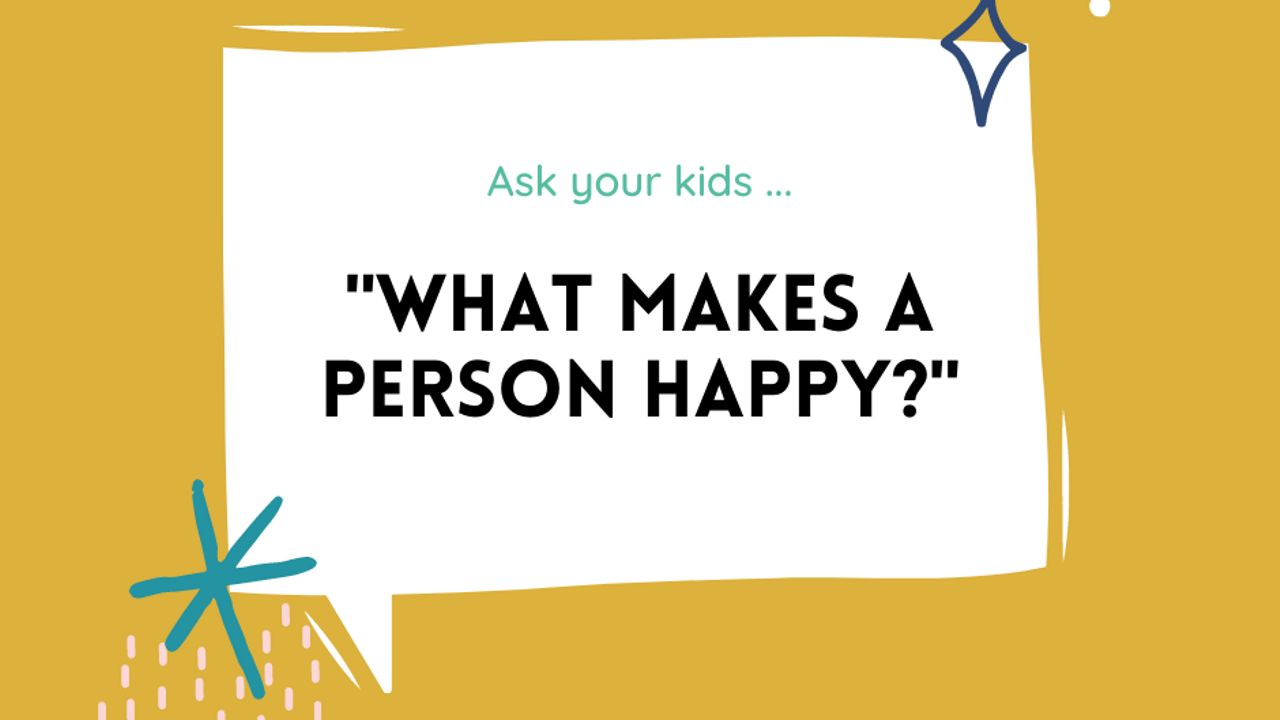Conversation Starter: "What Makes a Person Happy?"
Feb 17, 2021
We all want to be happy, adults and kids alike. Indeed, happiness is a key component of resilience. When people are resilient, they grow stronger and more able to move the needle in the direction of a happy life.
Happiness and resilience go hand-in-hand. The same qualities that make a person resilient also make a person happy.
Have you ever talked to your kids about this? If they are tweens, now might be the time to start this conversation, revisiting it when the opportunity arises.
Happiness includes:
- Spending time using our strengths. When we spend time doing things we are good at, we feel good about ourselves
- Living in alignment with our values. When we have identified what matters to us, what kind of person we want to be and what kind of life we want to have, and then live in alignment with those personal values, we earn our own self-respect. Remember, though, that your children get to choose their own values. Imposing those will make them choose between earning your respect or earning their own.
- Being in control of the direction of our lives. When we are empowered to make decisions that positively impact our lives, we can move closer toward happiness.
- Having good interpersonal skills. Having skills to navigate relationships confidently helps us build strong support networks and surround ourselves with people who feel good and bring out the best in us.
And what about the reverse? What makes a person unhappy? Here are some things to consider:
- If your children do not spend time doing things they are good at and that they value, they likely won't feel good about themselves or their lives.
- When kids are forced to live in accordance with someone else's values, they will not only fail to meet their own criteria for feeling self-worth, but they will also not feel in control of their lives.
- When children do not have any control in their own lives, they go into resistance mode instead of taking responsibility for making good choices.
- And finally, if children cannot navigate complex interpersonal relationships, they will likely be met with failed friendships and/or friendships that don't feel good, don't bring out the best in them, and that are not particularly supportive.
Is there anything else to add to the list?
Talk to your kids and see what they think.
And then, be sure to remind them that the greatest question they can ask about resilience also applies to moving toward happiness: "What can I do to feel better that is within my control?"
Stay connected with news and updates!
Join our mailing list to receive the latest news and updates from our team.
Don't worry, your information will not be shared.
We hate SPAM. We will never sell your information, for any reason.

